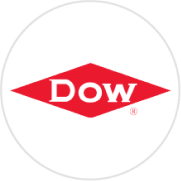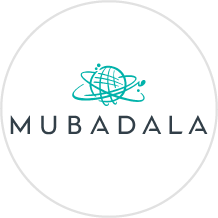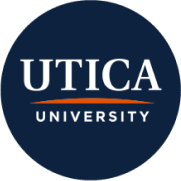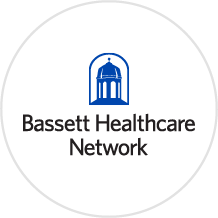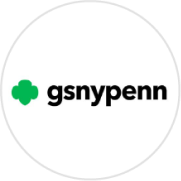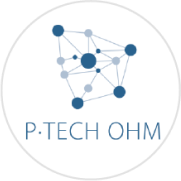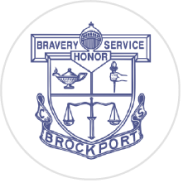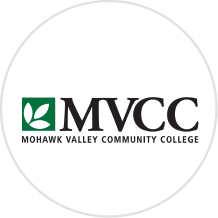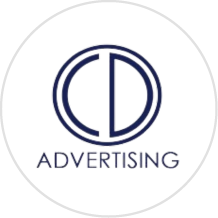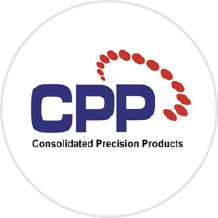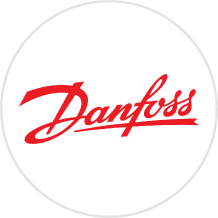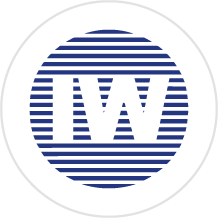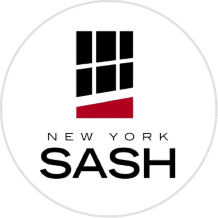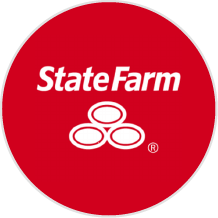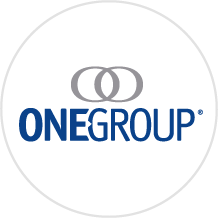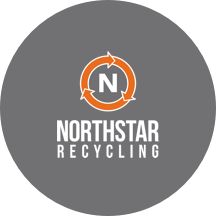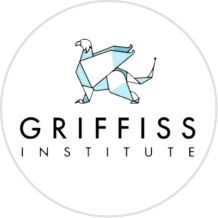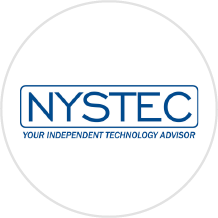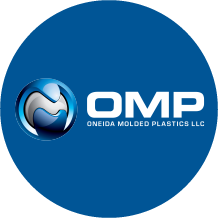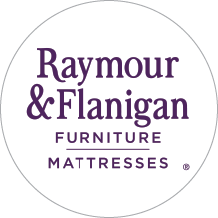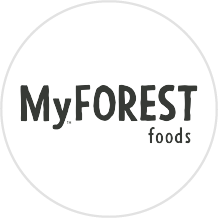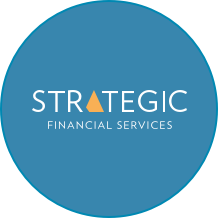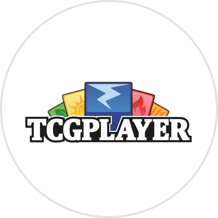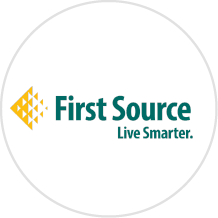 “When people clarify what matters and leverage their strengths, leaders emerge and anything is possible.”
“When people clarify what matters and leverage their strengths, leaders emerge and anything is possible.”
 “When people clarify what matters and leverage their strengths, leaders emerge and anything is possible.”
“When people clarify what matters and leverage their strengths, leaders emerge and anything is possible.”
This workbook by Joshua Noble addresses the pervasive issue of burnout, defining it from psychological and physiological perspectives while emphasizing its connection to systemic workplace problems rather than individual failings. It explains the stress response cycle and how its incomplete resolution contributes to burnout, outlining various individual and collective strategies for prevention and management. The text critiques the overemphasis on individual self-care and advocates for "fellow-care" and the adoption of a servant leadership model to foster healthier, more sustainable work environments. Ultimately, the resource provides frameworks, thought prompts, and practical exercises aimed at building awareness, promoting well-being, and cultivating a more equitable and supportive workplace culture.

What’s the workbook all about?
The workbook is is a comprehensive guide to recognizing, understanding, and healing from burnout culture, drawing on research and insights from experts such as Emily and Amelia Nagoski (Burnout: The Secret to Unlocking the Stress Cycle), Herbert Freudenberger, Pooja Lakshmin (Real Self-Care), Adam Grant, Simon Sinek, Ruha Benjamin, Stephen Covey, and Robert Greenleaf (Servant Leadership). It explores the psychological and physiological roots of burnout, including the stress response cycle and its impact on the nervous system, workplace stressors identified by scholars like Martin Adimeh Nartey and Ransford Kwakye, and systemic contributors such as “human giver syndrome” (Kate Manne) and surveillance culture (Frantz Fanon).
Actionable Strategies
The workbook provides actionable strategies for burnout prevention and recovery, emphasizing individual stress management techniques (e.g., movement, breathing, social connection), a collective approach centered on “fellow-care” rather than self-care, and leadership frameworks such as Service Leadership to foster sustainable, equitable, and psychologically safe workplaces.
Send us a message using the form below, or email us at [email protected], or call 315-508-4370
